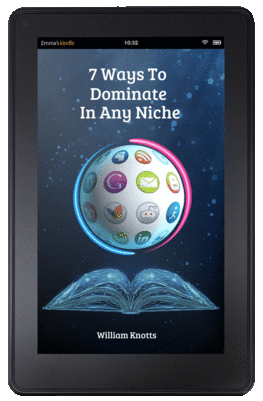
Research Output
Prompting AI for the Best Research Output
Welcome back to day 4 of our series on using ChatGPT for your content tasks. Now, it’s time to dig into to details of prompting, and today, we’re going to start with prompting AI for your research needs.
Before you start using it, understand that ChatGPT and other AI tools can have limitations when it comes to research, such as how current its database is for up-to-the-minute information it can provide.
When research is your goal, you need to be using detailed prompts – not broad or vague ones. That way, it can return the research that more precisely meets your needs. For example, instead of just asking ChatGPT, “What are the latest marketing trends?” be more specific and ask, “What are the latest marketing trends for entrepreneurs using social media for free traffic with vide content?”
When prompting for research purposes, regardless of whether you’re researching your niche, your audience, competitors, etc., always dig deep with follow-up prompts. So initially, you might prompt AI with, “Give me a rundown of [competitor name]’s primary focus on his blog?”
Once it gives you the output, which will likely include the basic information about topics, themes and information covered, you can prompt it by asking ChatGPT to narrow it down to the last 60 days, or ask it which content gets the highest engagement.
If you want an analysis of a market you’re considering getting into, you can have ChatGPT provide that research by prompting it with something like, “Provide a detailed market analysis for [niche topic]. Give me data that includes the market size and growth predictions, demographic data, top leadership profiles, trends and consumer behavior, problem areas, untapped opportunities and more.”
Make sure you’re prompting with both detailed specifications and open-ended questions to allow AI to give you insight you didn’t know you needed. For example, if you were prompting AI for research about email marketing strategies, you could tell it you want to have answers to specific questions but also gather more information that’s outside of your list.
Keep in mind that whenever AI delivers output you find suspect, you can prompt it for verification of accuracy by asking for sources. You can even blatantly ask ChatGPT if it made up the answer and it will admit it when it does.
Once you prompt ChatGPT for research, you’ll have answers you can use in your content. But if needed, you can also ask AI to go one step further and analyze the results to give you some clarity and direction.
To your success,
Billy
https://www.wealthyaffiliate.com?a_aid=3abd837c

